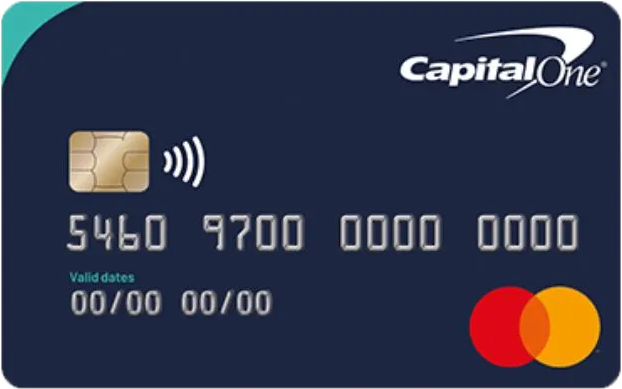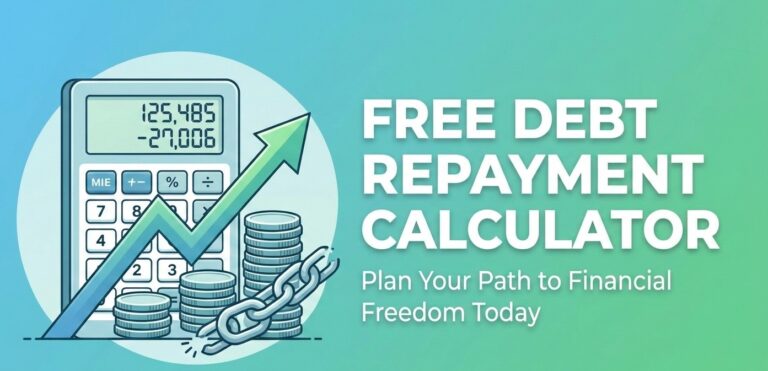
Build Your UK Credit Score, Fast.
From 'credit invisible' to financially empowered. This guide provides a clear, step-by-step plan to build a strong financial identity in the UK.
Why a Good Credit Score Matters
A strong score is your financial passport, unlocking better rates, more options, and greater flexibility.
Cheaper Borrowing
Secure lower interest rates on mortgages, loans, and credit cards, saving you thousands over time.
Greater Access & Flexibility
Get higher approval chances, more generous credit limits, and a wider choice of financial products.
Everyday Life Benefits
Easily get mobile phone contracts, pass tenant checks for rentals, and even improve some job prospects.
Understanding the UK Credit System
Knowledge is power. Learn the key agencies and the factors that shape your score.
UK Credit Reference Agencies Compared
There's no single UK score. Lenders use data from one of three main agencies, each with its own scoring scale.
| Agency | Range | Rating |
|---|---|---|
| Experian | 0-999 | 0-560 (Very Poor) |
| 561-720 (Poor) | ||
| 721-880 (Fair) | ||
| 881-960 (Good) | ||
| 961-999 (Excellent) | ||
| Equifax | 0-1000 | 0-438 (Very Poor) |
| 439-530 (Poor) | ||
| 531-670 (Fair) | ||
| 671-810 (Good) | ||
| 811-1000 (Excellent) | ||
| TransUnion | 0-710 | 0-550 (Needs Work) |
| 551-565 (Poor) | ||
| 566-603 (Fair) | ||
| 604-627 (Good) | ||
| 628-710 (Excellent) |
What Makes Up Your Score?
While exact formulas are secret, the key ingredients are well-known.
Payment History (~35%)
The most important factor. Always pay your bills on time.
Credit Utilisation (~30%)
How much of your available credit you use. Keep it below 30%.
Length of History (~15%)
A longer history of responsible borrowing is better.
Credit Mix (~10%)
Having a mix of credit types (cards, loans) can be a positive.
New Credit (~10%)
Applying for too much credit at once is a red flag.
Your 4-Step Action Plan
Follow this blueprint to build your credit score fast.
Step 1: Lay the Foundation (First 48 Hours)
1. Register on the Electoral Roll: This is the quickest win. It verifies your name and address for lenders. If you're not eligible to vote, add a 'Notice of Correction' to your file to explain why.
2. Open a UK Current Account: This is the bedrock of your UK financial identity. It shows stability and is essential for paying bills.
Step 2: Get Your First Credit Tool (Weeks 1-4)
Apply for a "Credit Builder" Card: These cards are designed for people with thin credit files. Use it for a small, regular purchase (like groceries) and pay it off in full every month via Direct Debit. This builds a perfect payment history without costing you interest.
Step 3: Activate the Boosters (Months 1-3)
1. Sign up for Experian Boost: A free service that can instantly increase your Experian score by recognizing on-time payments for things like Council Tax and streaming subscriptions.
2. Get Your Rent Payments Reported: Use services like CreditLadder or Canopy to report your rent payments to the CRAs. This turns your biggest monthly expense into a credit-building asset.
Step 4: Master the Game (Ongoing)
1. Monitor Your Reports: Regularly check your files from all three CRAs for errors. You have the right to get any inaccuracies corrected.
2. Use Eligibility Checkers: Before applying for credit, use a 'soft search' tool to check your chances of approval without harming your score.
3. Keep Credit Utilisation Low: Always aim to use less than 30% of your available credit limit. Lower is better!
Your Credit-Building Toolkit
Explore the products and services that can help you on your journey.
Credit Builder Cards
The essential first step. Designed for those with limited credit history to build a record of reliable payments.
Find a CardRent Reporting Services
Turn your monthly rent payments into positive history on your credit file. A powerful tool for renters.
Learn MoreSecured Credit Cards
Easier to get approved for as you provide a cash deposit as security. A good alternative if you're struggling for approval.
Explore OptionsCommon Pitfalls to Avoid
Knowing what not to do is just as important. Steer clear of these common mistakes.
❌ The Application Frenzy
Don't apply for lots of credit in a short time. It makes you look desperate to lenders and lowers your score.
❌ Closing Old Accounts
This can shorten your credit history and increase your credit utilisation, both of which can harm your score.
❌ The Cash Withdrawal Trap
Never use a credit card at an ATM. It's a huge red flag for lenders and comes with very high fees.
❌ Only Paying the Minimum
While it avoids a late fee, it suggests you're financially stretched. Always pay as much as you can.
❌ Ignoring Financial Links
A joint account links your file to someone else's. If you separate, make sure to file for a 'notice of disassociation'.
✅ Use Eligibility Checkers
Always use 'soft search' tools before applying to protect your score from unnecessary hard searches.


